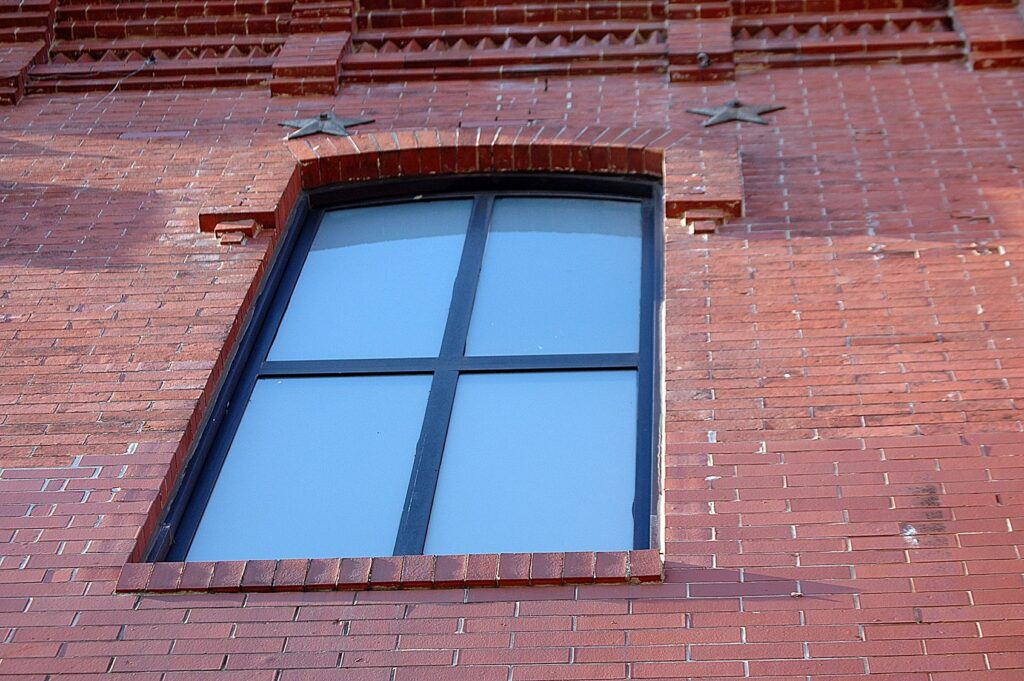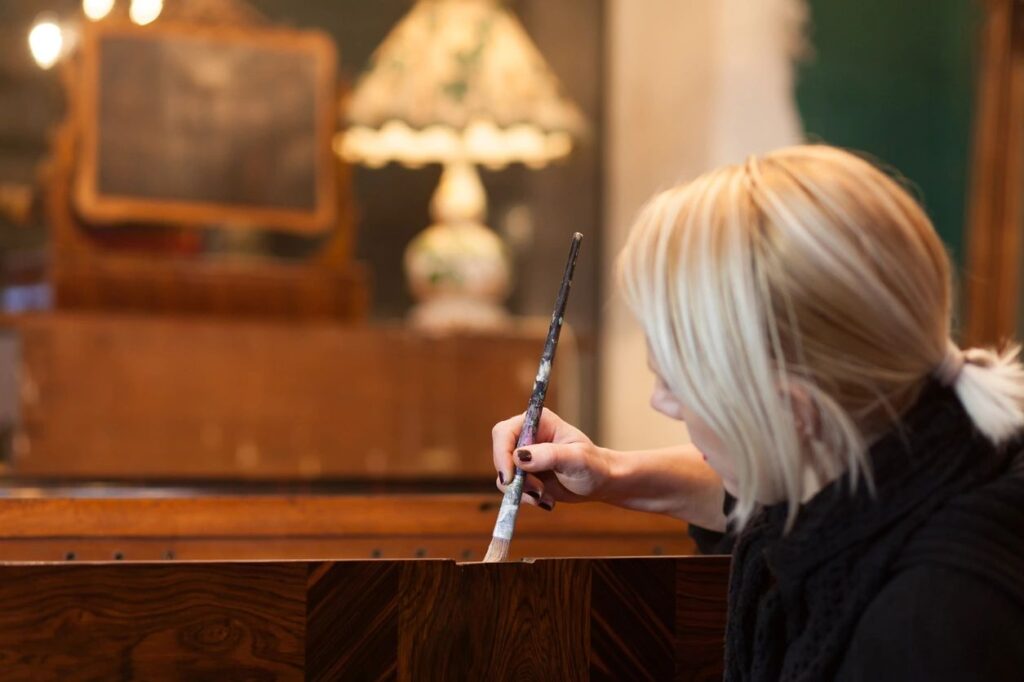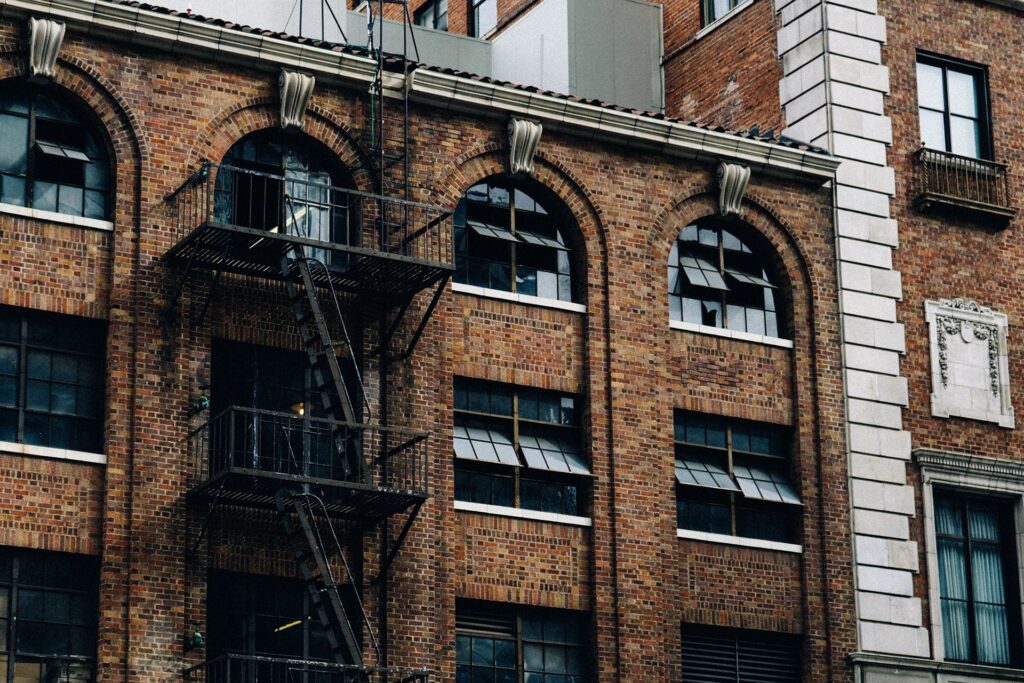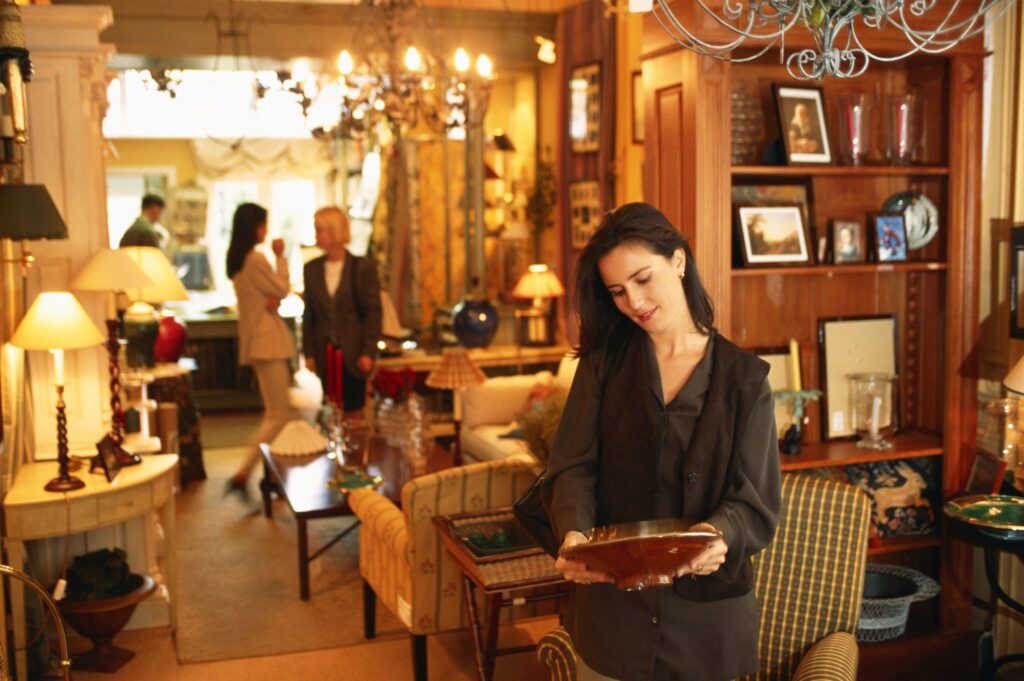things to know before buying a historic home
While you’re searching for the perfect house for yourself, you may come across listings for older, historic homes for sale. These beautiful pieces of history are often located in neighborhoods in historic districts of cities and towns. However, there is some information you need to know before purchasing and living in a historic home.

Renovations and Additions may be Regulated or limited
Depending on local regulations and local historic preservation efforts and laws, you may be limited in how you can alter the look or layout of your new home.
Pittsburgh has a variety of unique architecture that the city wants to preserve. The city has a formal Historic Preservation Ordinance, which gives the Historic Review Commission the authority to identify historic homes and regulate what changes can and cannot be made to a historic property. For example, when your property is a designated historic building, to make exterior changes the city has a review process. The applicant has to obtain a Certificate of Appropriateness, which will give them the permission to alter the building.
Pittsburgh has rules about keeping the facade of the historic house, unchanged, which means you need to repair, rather than replace windows, doors, bricks, etc. There are resources available to you to help you find the proper material or way to go about fixing these issues.

Old Houses are hard work
While old homes come with a lot of charm they also come with a lot of hard work.
When purchasing an old home keep in mind that parts of the home might be outdated. A lot of old homes have issues with old piping. Old pipes can contain lead and as they break down, lead could be getting in your water. Old pipes are susceptible to corrosion and might also freeze in the winter.
Outdated electrical is another issue you might face when moving into an old home. Old electrical systems will not be able to keep up with the power needs of modern technology. You can often tell if the wiring is outdated by the frequency of power outages, flickering lights, or warm light switches and outlets.
Other issues include energy inefficiency, foundation issues like cracks, and leaking and old roofs.
Getting the home inspected and hiring a licensed and insured professional to fix these issues is the best option, but it can be costly.

Can Be a good investment
Despite all the hard work and inconveniences of owning an old or historic home, the work you put into it can make it a great investment.
Homes located in historic districts have stricter rules and regulations on maintaining the outside of your home. This means you won’t have to worry about your neighbor’s house looking terrible and bringing the property’s value down.
Sometimes homes in historic districts are subjected to lower property taxes because you’re maintaining and preserving a piece of history.

Preserving A community’s history
Owning a historic home means you can say you own a piece of history. You get to maintain a home that has seen years of a communities’ ups and downs, and you get to preserve for future generations to see.
Historic homes and buildings are part of what draws tourists into cities. It’s what helps cities stand out among the rest, and for places like Pittsburgh, is very much a part of their culture. Having your home be a part of what makes an area attractive to businesses and people helps the community maintain a sustainable future.

